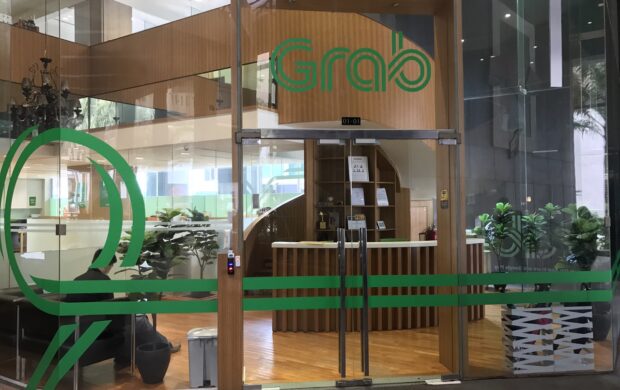Researchers at The University of Texas at Austin’s Institute for Geophysics (UTIG) in the Jackson School of Geosciences have discovered two seafloor gateways that could allow warm ocean water to reach the base of Totten Glacier, East Antarctica’s largest and most rapidly thinning glacier. The discovery, reported in the March 16 edition of the journal Nature Geoscience, probably explains the glacier’s extreme thinning and raises concerns about how it will affect sea level rise.

Totten Glacier is East Antarctica’s largest outlet of ice to the ocean and has been thinning rapidly for many years. Although deep, warm water has been observed seaward of the glacier, until now there was no evidence that it could compromise coastal ice. The paper shows that there are avenues for the warmest waters in East Antarctica to access the most sensitive areas of Totten Glacier.
“We’ve basically shown that the submarine basins of East Antarctica have similar configurations and coastal vulnerabilities to the submarine basins of West Antarctica that we’re so worried about, and that warm ocean water, which is having a huge impact in West Antarctica, is affecting East Antarctica, as well”, said a member of the research team.
Signal spotted by Anna Simpson
Image: NASA













